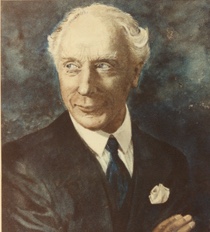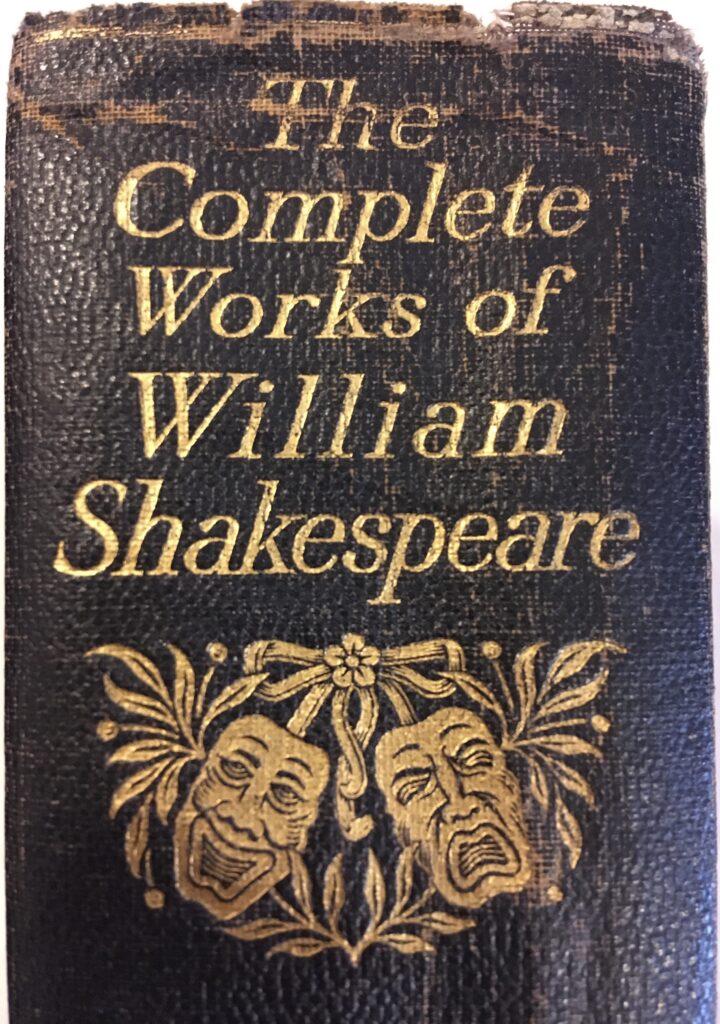
Frederick Matthias Alexander (20 January 1869 – 10 October 1955) was an Australian actor who developed the self-help process that is today called the Alexander Technique – a simple form of learning through experience, that is applied to recognize and overcome reactive, habitual limitations in movement, posture, speech and thinking.
Alexander was a Shakespearean orator who developed voice loss during his performances. After doctors of the era informed him they could find no physical cause, Alexander reasoned that he was DOING something to himself while speaking to cause his problem.
His self-observation in multiple mirrors revealed that he was contracting his whole body prior to phonation in preparation for all verbal response. He developed the hypothesis that this habitual pattern of pulling the head backwards and downwards needlessly disrupted the normal working of the total postural, breathing and vocal mechanisms.
After experimenting to develop his ability to stop the unnecessary and habitual contracting in his neck, he found that his problem with recurrent voice loss was resolved.
It became ever clearer to Alexander that wrong doing is a frequent cause of disturbances in the body and that this kind of doing can be prevented.
The preventative technique that Alexander evolved over 60 years of work is now recognised as an original work of an inovative mind, and has a long history of helping people with a variety of medical conditions (physical and psychological) with difficult life changes and with challenging activities like playing a musical instrument. It does this not by treatment or therapy, but by giving people practical tools and experiences they can use as self-help in all activities of life. It all started with the voice, however, and that is what for me is the most interesting and important part of the techniques Alexander developed.
What a piece of work is a man. (Hamlet, W. Shakespeare)


(Music by Nicolas Namoradze)
